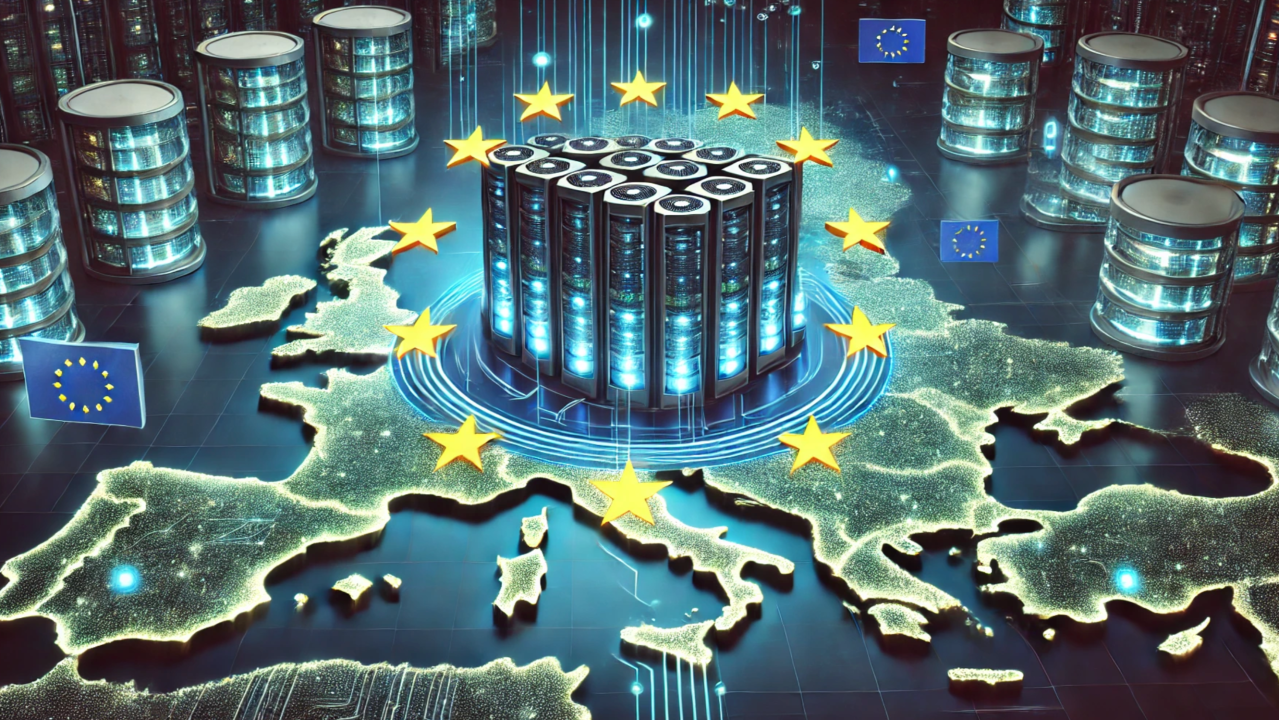
What Does EU Data Sovereignty Really Mean?
What Does EU Data Sovereignty Really Mean?
In today's digital world, data has become one of the most valuable resources. It drives economies, influences governance, and shapes how we interact with technology and each other. The European Union (EU) has taken a strong stance on data sovereignty, recognizing that control over data is not just about privacy but also about economic independence, technological autonomy, and protecting democratic values. But what does EU data sovereignty really mean, and why is it such a critical issue today?
Understanding EU Data Sovereignty
At its core, EU data sovereignty refers to the ability of European governments, businesses, and individuals to control and manage their data in compliance with European laws and values. This concept ensures that data generated within EU borders is processed, stored, and transferred in a way that aligns with the region’s legal frameworks—most notably, the General Data Protection Regulation (GDPR). While GDPR set a global benchmark for data privacy, data sovereignty goes beyond protecting personal data. It’s about ensuring that European data remains subject to EU jurisdiction, shielding it from foreign influence and control.
For decades, much of the world’s data has been stored and processed by large tech companies headquartered outside of Europe—particularly in the United States and China. This raises concerns about compliance with EU laws, potential exposure to foreign surveillance, and the economic power concentrated in a few non-European tech giants. The EU aims to shift this dynamic by reducing its reliance on external infrastructure and fostering homegrown technological solutions.
The Economic and Strategic Impact
Data sovereignty is not just a regulatory or privacy issue—it’s a matter of economic competitiveness and security. The EU recognizes that data is a key driver of innovation in artificial intelligence, cloud computing, and digital services. To maintain a competitive edge, Europe needs to develop its own digital infrastructure, independent of foreign dominance.
One of the key initiatives supporting this vision is GAIA-X, a European cloud infrastructure project designed to offer a secure and sovereign alternative to U.S. and Chinese cloud services. The goal is to create a European data ecosystem that prioritizes transparency, security, and interoperability, ensuring that businesses and public institutions can store and manage data according to European standards.
Beyond economic competitiveness, data sovereignty plays a crucial role in Europe’s geopolitical strategy. In an era where data flows are increasingly weaponized—whether through cyber espionage, misinformation, or economic control—the EU sees sovereignty as a way to safeguard its interests. By enforcing strict data governance and promoting local data storage, the EU aims to prevent foreign entities from exploiting European data for their own political or economic gains.
领英推荐
The Challenges of Achieving Data Sovereignty
While the idea of data sovereignty sounds straightforward, implementing it is a complex task. One major challenge is balancing sovereignty with global connectivity. The internet thrives on openness and global collaboration, but strict data localization laws risk creating "data borders," making it harder for businesses to operate internationally. Overly rigid regulations could stifle innovation and increase costs for European companies, especially smaller ones that rely on global cloud services.
Another challenge is technological readiness. To truly achieve sovereignty, the EU must invest in its own infrastructure—building secure cloud services, advancing AI capabilities, and strengthening cybersecurity defenses. Competing with established global tech giants will take time, resources, and coordinated effort across European countries.
Finally, there’s the issue of international cooperation. While Europe wants control over its data, it must also collaborate with other nations to tackle global challenges like cybercrime, digital trade, and cross-border data flows. Striking the right balance between autonomy and cooperation will be critical.
The Road Ahead
Looking forward, the EU is working on new regulations, such as the Data Governance Act and the Digital Markets Act, to reinforce its data sovereignty agenda. These efforts are designed to ensure that European businesses and citizens benefit from fair, secure, and transparent digital practices.
Ultimately, EU data sovereignty is about more than just regulation—it’s about power, autonomy, and shaping Europe’s digital future. By taking control of its data, the EU is not only protecting its citizens' rights but also positioning itself as a leader in the global digital economy. The journey won’t be easy, but as the digital landscape evolves, Europe’s approach to data sovereignty will serve as both a model and a challenge for the rest of the world.
In the end, data sovereignty is not just a policy issue; it’s a statement about Europe’s values and its vision for the future. It’s about ensuring that digital transformation happens on Europe’s terms, protecting privacy, security, and economic growth in a rapidly changing world.
Cloud HCM | SaaS Solutions Engineering | HR Transformation | AI | Business Development
1 周Insightful, thanks for sharing it, David!